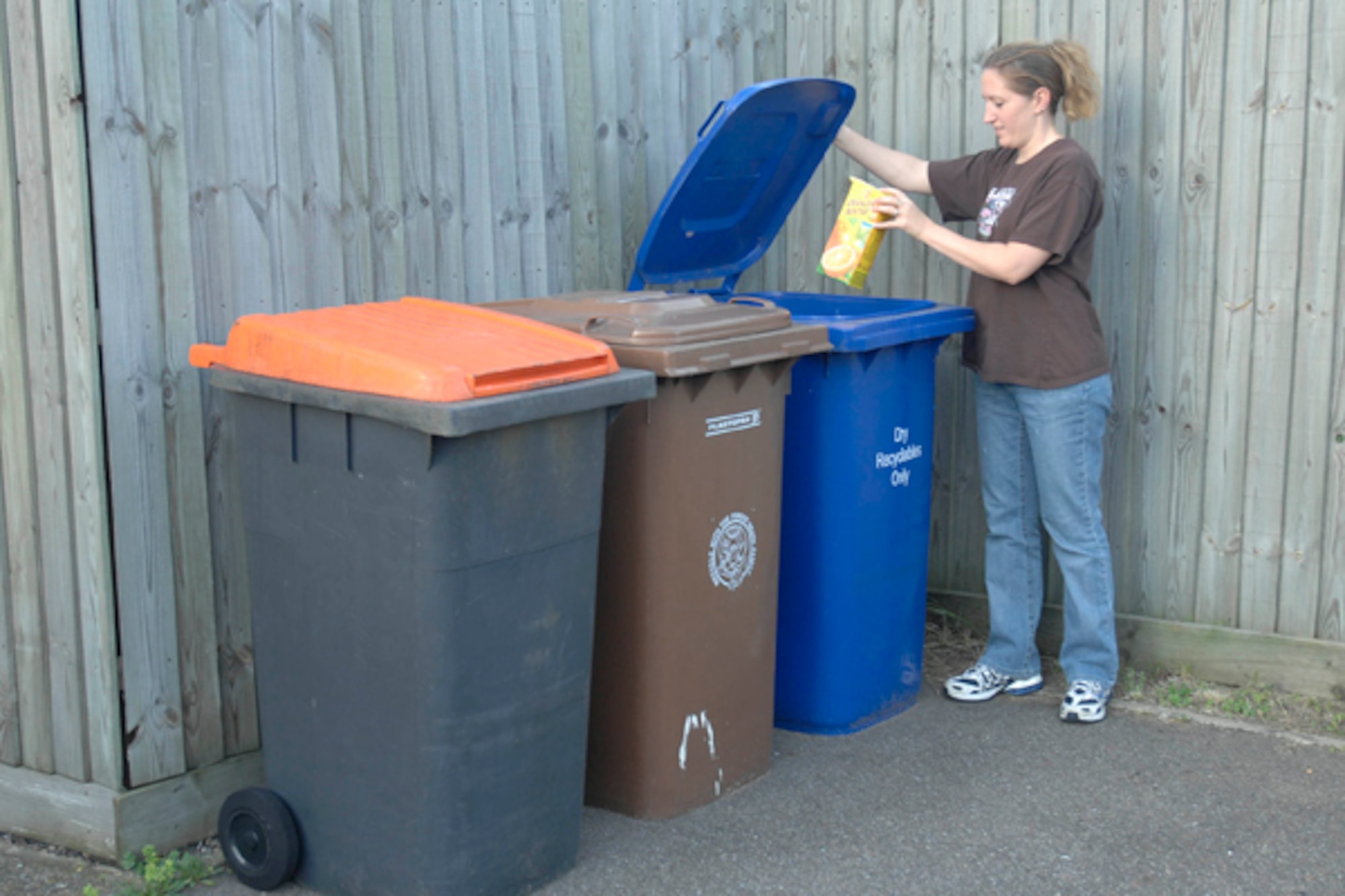Waste management is a comprehensive process in which material that has no use, lost its importance is collected, treated and then disposed of. Unhygienic conditions can result from poor municipal solid waste disposal, which can lead to environmental contamination and outbreaks of many diseases as diseases spread from insects and germs. Some important issues arose from the present-day development and progress, among them, one is pollution which has significant effects on sea, land and in the air. With the increase in the population, the quantity of garbage created every day by each home has increased as the world population has grown, as needs for food and various necessities. This material is eventually deposited into public garbage collection facilities, where it is retrieved by local authorities before being disposed of in heaps and landfills. However, the majority of trash isn’t collected and delivered to the ultimate dumping sites, either owing to a lack of resources or inadequate infrastructures. Excreta, liquids and solid garbage from families and the public which is not adequately handled is a severe medical issue and can contribute to the spreading of contagious illnesses. Flies, rodents, and other critters are attracted to unmanaged garbage, which transmits illnesses. It is usually the moist garbage that decays and emits a foul smell. This contributes to unsanitary circumstances and, as a result, an increase in healthcare concerns. Another source of illness is plastic garbage. As a result, the generation of superfluous waste material should be managed by the implementation of specific preventative strategies. Altrincham skips are trying to reduce the waste material present in the environment and so should we.
Importance of Waste Management

Trash handling is important because it decreases the impact of garbage on the ecosystem, welfare, and other factors. This can assist in the reuse or recycling of materials such as papers, cans, and glassware. There are several types of garbage management, including solid, liquid, gaseous, and hazardous waste management. Garbage control entails the treatment of both solid and liquid garbage. It also provides many options for recycling goods that aren’t classified as garbage throughout the process.
Methods of waste disposal
Non-biodegradable and hazardous pollutants, such as nuclear remains, can cause irreversible harm to the ecosystem and public health if they are not properly dealt with. Waste management has long been a source of worry, with population increase and industrialization being the primary causes. Here are a couple of garbage management options.
Landfills
The most common way of trash management nowadays is to deposit everyday waste/garbage into landfills. Such garbage removal method relies on concealing the material in the ground.
Recycling
Recycling is the practice of transforming trash items into usable items to reduce power utilization and the use of raw resources. Recycling reduces energy consumption, landfill volume, environmental degradation, greenhouse emissions, and the preservation of natural assets for later utilization.
Composting
Composting is a simple and spontaneous bio-degradation procedure that converts biodegradable garbage, such as plant remnants, garden garbage, and culinary waste, into nutrient-rich feed for your plants.
Incineration
Incineration is the process of combusting garbage. The trash products are cooked at extremely intense temperatures and turned into substances such as energy, gas, vapour, and ash using this technology.
Health Effects of Solid, Liquid and Gas Waste
The people in places in which there is no suitable waste management procedure, particularly pre-children; garbage employees; and personnel in factories manufacturing poisonous and contagious materials are among those in danger from the improper removal of solid garbage. Other high-risk populations include those who live near a trash dump and those whose water supplies have been affected by waste dumping or landfill leaks. In addition, unrecovered solid trash raises the danger of injury and illness. Organic household waste, in particular, offers a severe concern because it ferments, generating ideal circumstances for the existence and proliferation of bacterial diseases. Direct contact with solid garbage can cause a variety of contagious and persistent diseases, with waste personnel and rag pickers being particularly susceptible. Hazardous waste exposures can hurt public wellbeing, with kids becoming particularly exposed to such contaminants. Chemical poisoning is caused by the discharge of toxic wastes into the environment, and direct contact can contribute to illnesses through chemical exposures. Many kinds of research have been conducted in different regions of the globe to determine if there is a link between health and toxic materials. Agricultural and industrial wastes can potentially pose major medical problems. Aside from that, mixing industrial toxic material with local garbage might put individuals in danger of toxic and radiological contamination. Untreated solid garbage can also block rain flow discharge, culminating in stagnant water pools that can serve as disease spreading grounds. Pollution of the water body or underground water origin occurs when the trash is placed close to the water source. Direct dumping of untreated trash into rivers, oceans, and lakes causes hazardous compounds to accumulate in the food chain via the plants and animals that consume it.
Conclusion
Waste management is crucial for public health; we should try to keep the environment clean ourselves as well rather than relying on waste workers and skips.
Hi, I am Adam Smith, Admin Of TechSketcher, Creative blogger and Digital Marketer.
